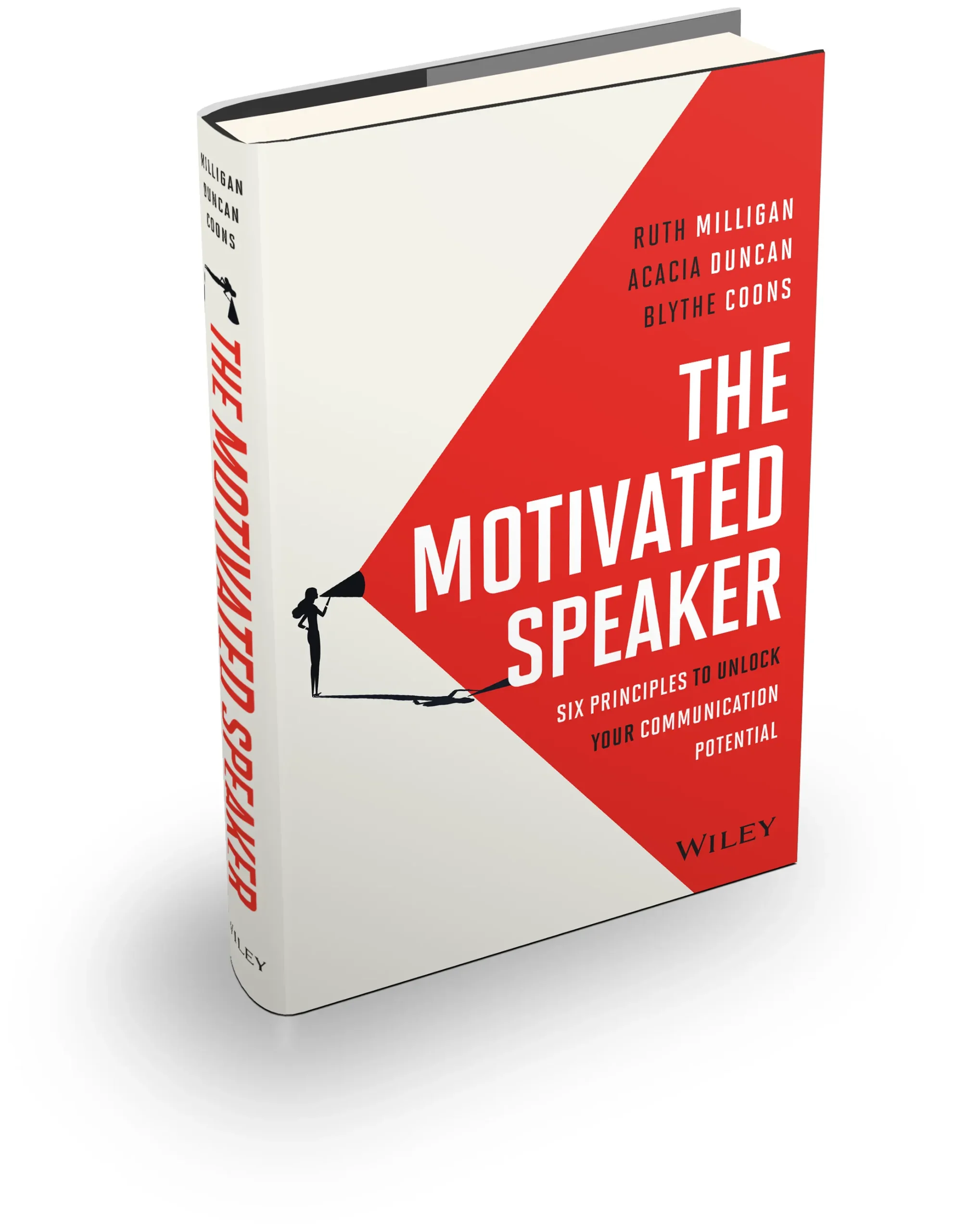Unlock the power of self-awareness with the Birkman assessment. This tool reveals the value of understanding different personalities. Learn how it can revolutionize your communication and personal growth.
*****
Almost as soon as I joined the Articulation team about a year and a half ago, I became trained and certified to debrief clients on the Birkman assessment. Our team uses the Birkman internally to understand how best to work together and complement each other’s strengths. But I really love how we use it to help our clients, who come to us when they’re not necessarily performing to their strengths. The Birkman allows us a peek into what’s driving their communication behaviors.
There are a lot of assessments out there: DISC, PI, Hogan, etc. You’ve probably heard of, and maybe even taken, Myers-Briggs or Strengthsfinder. Like these assessments, the Birkman offers us information on self-perception, social perception, and motivation, and can open our eyes to why we sometimes behave badly. (Hint: our expectations of the world are not being met.) Because it focuses on strengths, needs, and stress behavior, we can typically figure out where communication is falling short.
There’s no judgment in the Birkman. It shows that everyone exists on a spectrum of behaviors, none of which are better than another. Because of that, we need to coach them to their strengths as individuals. In fact, there’s no one right way to communicate, just ways and approaches that might work or not work at different times and places, which prompts us to work with each of our clients where they are, help them understand their challenges, lean into their strengths, get ahead of their stress behaviors, and discover opportunities for growth where they never thought possible.
I have a client who is incredibly direct, per the Birkman and his own admission. On top of that, he’s highly assertive. But he’s a middle manager. And while it might feel natural for him to manage up with strong language, attempting to force his ideas on higher-level management, that’s not always going to be the most effective means of getting what he wants. Because I know this about him, I have worked with him to deliver data in a more story-driven manner. While he doesn’t really work with or encounter customers, I encouraged him to tell the story of the customer to influence leadership. He was uncomfortable at first, but it worked. They were able to hear him better when he wasn’t driving his point home in the same way he is accustomed to doing.
Another client prefers organization and process, and is really systematic in his approach. Coupled with his assertive and direct nature, it translates to a sort of “my way or the highway” kind of scenario. The good news for him is that his company also likes this. But when he has to persuade contractors to follow a different process, his style rarely goes over well. We worked on an exercise where he clearly defined the benefits for the contractors of following the company’s process, and practiced using those in conversations, so that everything didn’t turn into an argument. He had never considered that he might need to soften his approach with these individuals, and offer different reasons for them to do what he was asking.
There are certainly other ways to discover someone’s communications challenges, but the Birkman provides a quick and clear path to getting to the root of the problem. It allows us to work efficiently to coach towards new behaviors. There’s nothing better than an “AHA” moment with a client when they put another tool in their communication toolbox, and the Birkman helps us get to those “AHA” moments more often.
Start Your Journey
If you’re intrigued by the Birkman assessment and want to unlock a deeper understanding of your personality and potential, don’t hesitate to reach out to me for a transformative journey of self-discovery and growth.


